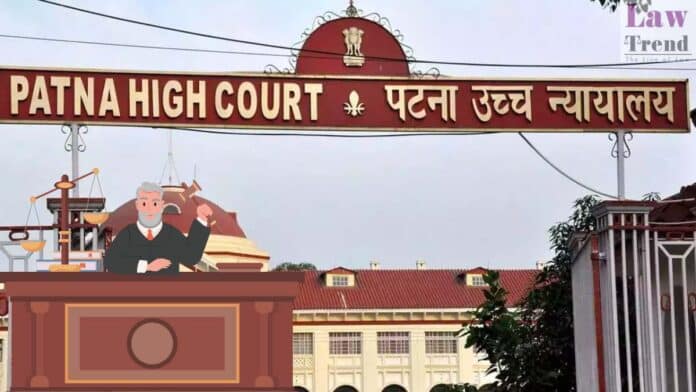The Patna High Court has upheld the acquittal of an accused in a case under the Protection of Children from Sexual Offences (POCSO) Act, citing a lack of supporting medical evidence and contradictions in witness testimonies. The decision was delivered by a division bench comprising Justice Ashutosh Kumar and Justice Jitendra Kumar in Criminal Appeal
To Read More Please Subscribe to VIP Membership for Unlimited Access to All the Articles, Download Available Copies of Judgments/Order, Acess to Central/State Bare Acts, Advertisement Free Content, Access to More than 4000 Legal Drafts( Readymade Editable Formats of Suits, Petitions, Writs, Legal Notices, Divorce Petitions, 138 Notices, Bail Applications etc.) in Hindi and English.




